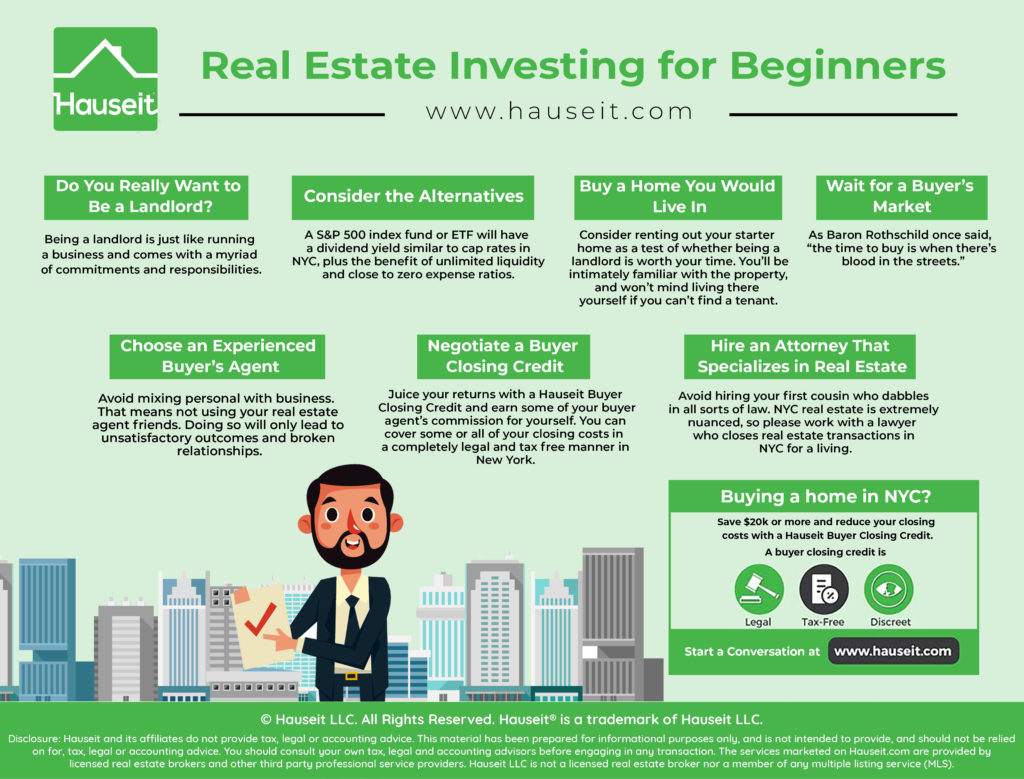The Ins And Outs Of Real Estate Commission: A Comprehensive Guide
When buying or selling a property, one of the most significant costs you’ll encounter is the real estate commission. This fee is typically paid to the real estate agent or broker who facilitates the transaction, and it can range from a few thousand dollars to tens of thousands of dollars, depending on the price of the property and the terms of the agreement. In this article, we’ll delve into the world of real estate commission, exploring what it is, how it works, and what you need to know to navigate the process with confidence.

What is Real Estate Commission?
Real estate commission is a fee paid to a real estate agent or broker for their services in facilitating the sale or purchase of a property. The commission is usually a percentage of the sale price, and it’s typically split between the listing agent (the agent who represents the seller) and the buyer’s agent (the agent who represents the buyer). The standard commission rate varies by location, but it’s typically around 4-6% of the sale price.
How Does Real Estate Commission Work?
When a seller lists their property with a real estate agent, they agree to pay a certain percentage of the sale price as a commission. This commission is usually split between the listing agent and the buyer’s agent, with the listing agent typically receiving a larger share. For example, if the seller agrees to pay a 6% commission, the listing agent might receive 3% and the buyer’s agent might receive 3%.
The commission is usually paid at the closing of the transaction, when the buyer and seller sign the final documents and transfer ownership of the property. The commission is typically deducted from the seller’s proceeds, so they don’t have to pay it out of pocket.
Types of Real Estate Commission
There are several types of real estate commission, including:
- Traditional Commission: This is the most common type of commission, where the seller pays a percentage of the sale price to the listing agent and buyer’s agent.
- Flat Fee Commission: In this model, the seller pays a flat fee to the listing agent, regardless of the sale price.
- Discount Commission: Some real estate agents offer discounted commission rates, often in exchange for a lower level of service or a limited marketing campaign.
- For Sale by Owner (FSBO) Commission: When a seller chooses to sell their property without the help of a real estate agent, they can avoid paying a commission altogether. However, they may still need to pay a commission to the buyer’s agent if the buyer is represented by an agent.
Factors that Affect Real Estate Commission
Several factors can affect the amount of real estate commission you pay, including:
- Location: Commission rates vary by location, with urban areas tend to have higher commission rates than rural areas.
- Type of Property: Luxury properties or commercial properties may command higher commission rates than residential properties.
- Agent Experience: More experienced agents may charge higher commission rates than newer agents.
- Level of Service: Agents who offer a higher level of service, such as extensive marketing campaigns or personalized support, may charge higher commission rates.
How to Negotiate Real Estate Commission
While commission rates are often non-negotiable, there are a few ways to negotiate a better deal:
- Shop Around: Compare commission rates among different agents and brokers to find the best deal.
- Consider a Discount Broker: Discount brokers often offer lower commission rates in exchange for a lower level of service.
- Negotiate the Split: If you’re working with a buyer’s agent, you may be able to negotiate a smaller split with the listing agent.
FAQs
- Q: Who pays the real estate commission?
A: The seller typically pays the real estate commission, although the buyer may also pay a commission to their agent in some cases. - Q: Can I negotiate the commission rate?
A: While commission rates are often non-negotiable, you can shop around to find the best deal and consider negotiating the split with the listing agent. - Q: What is the typical commission rate?
A: The typical commission rate varies by location, but it’s usually around 4-6% of the sale price. - Q: Can I avoid paying a commission altogether?
A: Yes, if you choose to sell your property without the help of a real estate agent (FSBO), you can avoid paying a commission altogether. However, you may still need to pay a commission to the buyer’s agent if the buyer is represented by an agent. - Q: How do I choose the right real estate agent?
A: Consider factors such as experience, reputation, and level of service when choosing a real estate agent. You should also compare commission rates and negotiation strategies to find the best deal.
Conclusion
Real estate commission is a significant cost when buying or selling a property, but it’s also an important investment in the services of a professional real estate agent or broker. By understanding how commission works, what factors affect it, and how to negotiate a better deal, you can navigate the process with confidence and make informed decisions about your real estate transaction. Remember to shop around, consider discount brokers, and negotiate the split to get the best deal possible. With the right agent and a little negotiation, you can save thousands of dollars on your real estate transaction and achieve your goals in the real estate market.
Closure
Thus, we hope this article has provided valuable insights into The Ins and Outs of Real Estate Commission: A Comprehensive Guide. We hope you find this article informative and beneficial. See you in our next article!









Post Comment